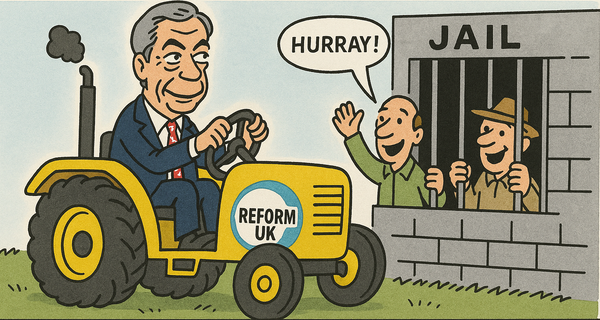Meaning: Stowe Boyd on Postnormal Culture
Stowe Boyd is encouraging us to actively imagine a future where we ahem to rethink the fundamentals of business and society. Too much “social business” thinking is just too timid, he suggests. We have a challenge – we are always one step behind. We can only see the present clearly once it has become the past. But he’s gonna help us try…
We’re moving from a solid to a liquid world – the rate of innovation is growing exponentially. Great for medical research, for example, but bad for newspaper business models and the funding of investigative journalism. Social business has been an attempt to adapt to these changes. Things that arose in the social media world started to infect the business world. The big picture drivers are more important than the marginal economic benefit. Social business is post-modern.
The loosening to connection to employers and employment has been largely negative. Huge tranches of jobs are being swept away by automation and computers. Are taxi drivers next, killed off by automatous vehicles.
We’ve renovated our business by sanding the floors and painting the walls, not moving the walls around.
This is a concept used by the military to define decision-making problems in war:
- V = volatility
- U = Uncertainty
- C = Complexity
- A = Ambiguity
It applies to our lives now. Cities, like social networks, increase social density. People move there because they’re cheaper, you can make more money there. They innovate out of proportion to their size. New York has low numbers of gas stations and air-conditioning costs because of that density.
VUCA undoes the conventional style of leadership.
Marketing latched onto social media as another channel – but they got infected by it. They started using it internally as well as externally. They wanted to do more of it – and it infected the whole business. But the old company is still there – it just has a new layer on top of it. Research shows that if you increase people’s social density – give them more connections in the business – they’re happier and more productive. This is independent of any other changes in the business. People will use these tools to make work better – even if management do nothing. Businesses are going to get more porous – weaker barriers between departments, weaker barriers between the organisation and the rest of the world.
Companies are decreasing their office space and allow employees to work whoever hey are. A Citrix study suggests that companies are planning 6 seats for every 10 employees.
Swift Trust: human beings have the capacity wired into us to co-operate. That’s why freelance style projects – like Hollywood movies – work so well. People will come together and suspend their disbelief, do their work, and not bother with the battles for dominance and power in established organisations. It’s projected to be 40% of the creative and professional working the US. This means companies can be more agile and experimental. That means that there’s less commitment to workers, to their skills, to their pensions…
Social business doesn’t really support social business yet. The tools don’t really facilitate it. They don’t interoperate very well.
So, what do we need to imagine? The Schutze method – that allows a huge number of people to vote on particular issues.
We need to move from exploitative models, to models based on people’s relationships with small groups, that builds up based on the fact that everyone is connected. Our leaders are not giving us visions of the future. We need to do that for ourselves.






